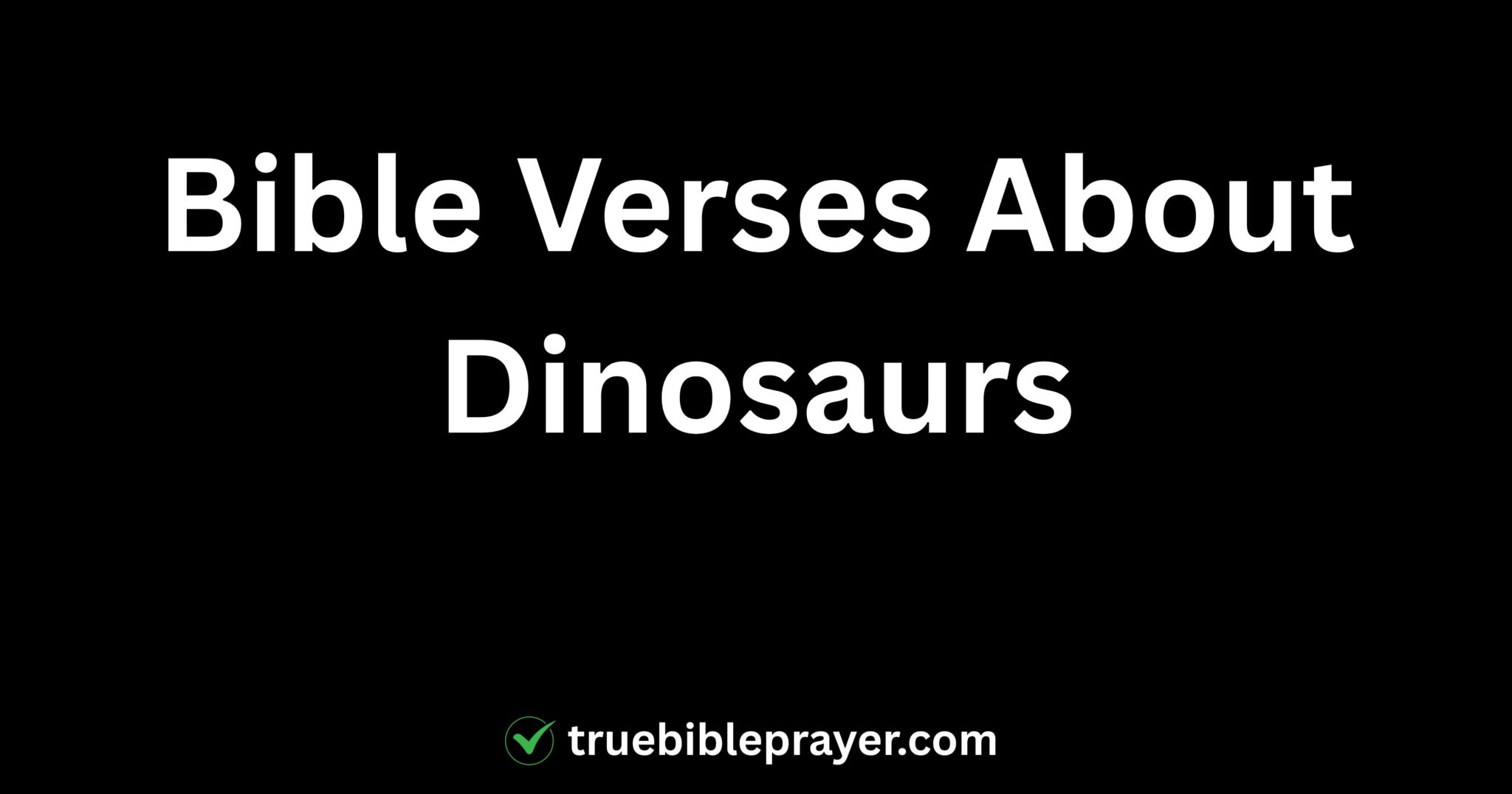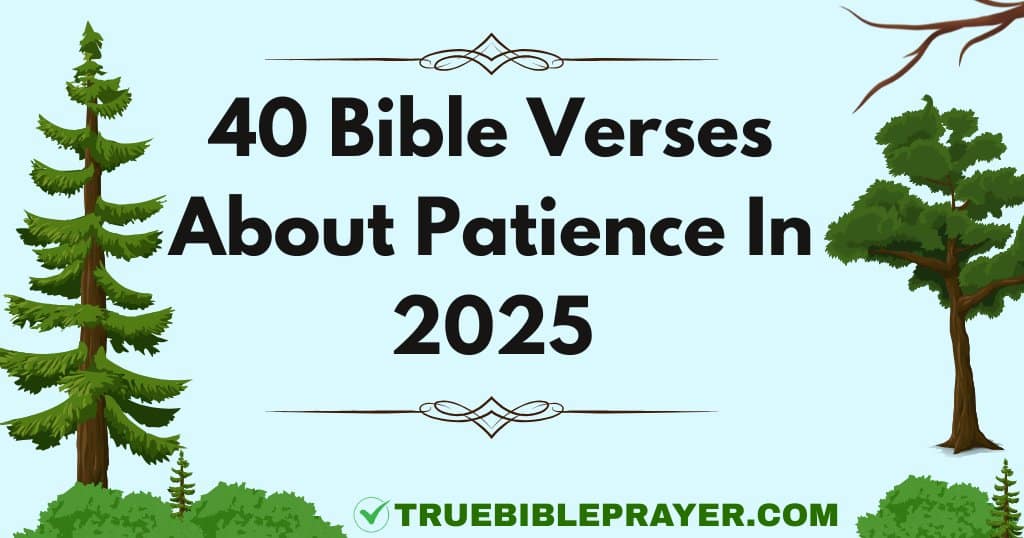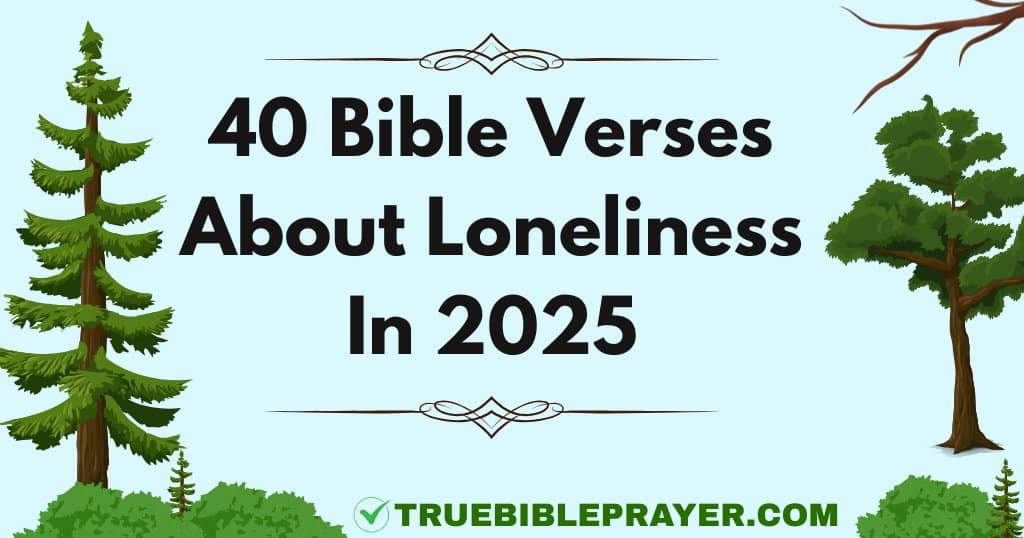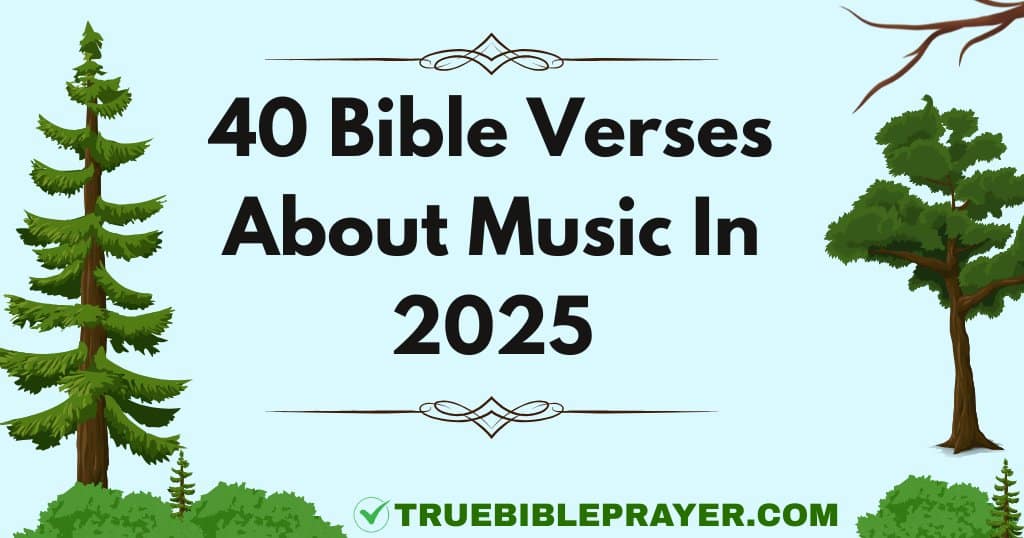Dinosaurs were a diverse group of reptiles that lived millions of years ago, long before humans existed. They ranged in size from small bird-like creatures to massive giants like the Tyrannosaurus rex. Dinosaurs ruled the Earth during the Mesozoic Era, which lasted from about 250 million to 65 million years ago.
Scientists study their fossils to understand how they lived, what they looked like, and how they became extinct. Dinosaurs are often seen as fascinating symbols of ancient life and natural history.
This article offers clear explanations of key biblical passages about ancient creatures, helping you understand their meaning with confidence. You will also find thoughtful insights that connect scripture with real-life questions about creation.
does the bible mention dinosaurs
The Bible does not mention dinosaurs by name. However, some passages describe large, powerful creatures that some people think could be dinosaurs. For example, the Behemoth and Leviathan in the book of Job are described in ways that sound like massive, mysterious animals.
I believe these descriptions show how ancient writers tried to capture the awe of huge creatures, even if they did not know dinosaurs as we do today. The Bible focuses more on teaching spiritual lessons than on giving a detailed account of every animal. If you wonder about dinosaurs in the Bible, it helps to read these passages with an open mind and seek guidance from trusted spiritual sources.
Verses About Creation and God’s Powerful Creatures
Genesis 1:1
“In the beginning God created the heaven and the earth.”
Description: This opening verse establishes that God is the Creator of everything in existence.
Interpretation: Dinosaurs, as part of creation, were made by God’s hand during the creation process, even though they are not named specifically.
Job 40:15
“Behold now behemoth, which I made with thee; he eateth grass as an ox.”
Description: God describes Behemoth, a large and powerful creature that eats grass.
Interpretation: Many scholars believe Behemoth could be a reference to a massive prehistoric animal, possibly resembling a dinosaur due to its size and herbivorous diet.
Job 40:17
“He moveth his tail like a cedar: the sinews of his stones are wrapped together.”
Description: Behemoth’s tail is compared to a cedar tree, emphasizing its size and strength.
Interpretation: The imagery suggests a creature with a large, strong tail, which fits descriptions commonly associated with some types of dinosaurs.
Job 41:1
“Canst thou draw out leviathan with an hook?”
Description: Leviathan is presented as a powerful sea creature that is difficult to capture.
Interpretation: Some interpret Leviathan as a large aquatic reptile, possibly similar to a prehistoric marine dinosaur or monster.
Job 41:12
“I will not conceal his parts, nor his power, nor his comely proportion.”
Description: God openly describes Leviathan’s strength and impressive form.
Interpretation: This verse highlights the creature’s formidable nature, hinting at a massive, awe-inspiring animal, reinforcing theories about dinosaurs or large prehistoric beasts.
Job 41:18
“His snorting causeth light to shine, and his eyes are like the eyelids of the morning.”
Description: Leviathan’s breath and eyes are described vividly to show power and majesty.
Interpretation: This poetic description may symbolize the creature’s dominance and fearsome presence, traits often linked to dinosaurs or similar creatures.
Job 41:34
“He maketh the deep to boil like a pot.”
Description: Leviathan’s movements stir the waters violently.
Interpretation: Such power over the water suggests a creature of great size and strength, fitting with giant sea reptiles or dinosaurs.
Psalm 74:14
“Thou brakest the heads of leviathan in pieces, and gavest him to be meat to the people inhabiting the wilderness.”
Description: God’s victory over Leviathan symbolizes His control over even the mightiest creatures.
Interpretation: This verse underscores the biblical theme that no matter how powerful creatures like Leviathan or dinosaurs may seem, they remain under God’s authority.
Isaiah 27:1
“In that day the Lord with his sore and great and strong sword shall punish leviathan.”
Description: A future judgment against Leviathan is foretold, symbolizing God’s justice over chaos.
Interpretation: This passage emphasizes the creature’s representation of chaos or evil, reinforcing its powerful and mysterious nature, akin to prehistoric monsters.
Psalm 104:26
“There go the ships: there is that leviathan, whom thou hast made to play therein.”
Description: Leviathan is depicted as a creature God created to inhabit the seas, playing among ships.
Interpretation: This verse affirms Leviathan as a real, created being, suggesting the Bible acknowledges enormous, remarkable creatures, possibly linked to dinosaurs.
Get More:
Bible Verses About Putting Others First
Bible Verses About Worshiping Man: A Warning Against Misplaced Devotion
Verses About God’s Creatures and Their Majesty
Psalm 104:24
“O Lord, how manifold are thy works! in wisdom hast thou made them all: the earth is full of thy riches.”
Description: This verse praises God for the variety and complexity of His creations.
Interpretation: Dinosaurs, as part of God’s diverse creation, reflect His wisdom and power in making the earth full of life.
Psalm 104:25
“So is this great and wide sea, wherein are things creeping innumerable, both small and great beasts.”
Description: The vastness of the sea holds countless creatures, both small and large.
Interpretation: This supports the idea that God created all kinds of animals, including massive ones like Leviathan or creatures resembling dinosaurs.
Genesis 1:24
“And God said, Let the earth bring forth the living creature after his kind, cattle, and creeping thing, and beast of the earth after his kind.”
Description: God commands the earth to produce living creatures of various kinds.
Interpretation: Dinosaurs fit into the category of living creatures that God created on the earth, even if they are not explicitly named.
Job 12:7
“But ask now the beasts, and they shall teach thee.”
Description: Job encourages learning from animals and their nature.
Interpretation: This verse invites us to observe God’s creatures, including ancient animals, to gain insight into God’s design and power.
Psalm 50:10
“For every beast of the forest is mine, and the cattle upon a thousand hills.”
Description: God declares ownership over all wild animals and livestock.
Interpretation: This verse reminds us that all creatures, great and small, including extinct ones like dinosaurs, belong to God.
Matthew 6:26
“Behold the fowls of the air: for they sow not, neither do they reap, nor gather into barns; yet your heavenly Father feedeth them.”
Description: Jesus points to birds as examples of God’s provision and care.
Interpretation: If God cares for small birds, it is reasonable to trust He created and cared for all creatures, including the mighty dinosaurs.
Proverbs 30:24
“There be four things which are little upon the earth, but they are exceeding wise.”
Description: Proverbs lists small but wise creatures.
Interpretation: This highlights the variety and complexity in creation, reminding us that every creature has a role, whether tiny or enormous like dinosaurs.
Isaiah 43:20
“The beast of the field shall honour me, the dragons and the owls: because I give waters in the wilderness.”
Description: Even wild animals and dragons are said to honor God.
Interpretation: The word “dragons” here can be interpreted as large, mysterious creatures—possibly a poetic reference to dinosaur-like beasts.
Nehemiah 9:6
“Thou, even thou, art Lord alone; thou hast made heaven, the heaven of heavens, with all their host, the earth, and all things that are therein.”
Description: God alone is Creator of everything seen and unseen.
Interpretation: Dinosaurs, as part of “all things,” fall under God’s creative authority and care.
Job 39:19
“Gavest thou the goodly wings unto the peacocks? or wings and feathers unto the ostrich?”
Description: God questions Job about his knowledge of animal creation.
Interpretation: This verse draws attention to unique creatures, showing God’s creativity includes a vast range of animals, possibly extending to ancient creatures like dinosaurs.
Verses About Behemoth and Leviathan — Mighty Creatures of the Bible
Job 40:15
“Behold now behemoth, which I made with thee; he eateth grass as an ox.”
Description: God introduces Behemoth, a massive herbivorous creature.
Interpretation: Behemoth is often thought to be a symbol of immense strength and size, possibly representing a dinosaur-like animal.
Job 40:17
“He moveth his tail like a cedar: the sinews of his stones are wrapped together.”
Description: The tail of Behemoth is compared to a large cedar tree, highlighting its power.
Interpretation: This description suggests a creature with a large, strong tail, fitting the image of some dinosaur species.
Job 41:1
“Canst thou draw out leviathan with an hook?”
Description: Leviathan is described as a formidable sea creature difficult to capture.
Interpretation: Leviathan could represent a giant marine reptile or dinosaur-like sea monster.
Job 41:12
“I will not conceal his parts, nor his power, nor his comely proportion.”
Description: God openly describes the impressive form and strength of Leviathan.
Interpretation: This verse emphasizes the creature’s awe-inspiring size and might.
Job 41:18
“His snorting causeth light to shine, and his eyes are like the eyelids of the morning.”
Description: Leviathan’s breath and eyes are described with powerful imagery.
Interpretation: These poetic details show the majestic and fearsome nature of the creature.
Job 41:24
“By his neesings a light doth shine, and his eyes are like the eyelids of the morning.”
Description: The creature’s breath causes light, adding to its mystique.
Interpretation: The imagery reflects Leviathan’s overwhelming presence, beyond natural explanation.
Job 41:34
“He maketh the deep to boil like a pot.”
Description: Leviathan’s movement causes the sea to churn fiercely.
Interpretation: This suggests a creature of massive strength dominating its environment.
Psalm 74:14
“Thou brakest the heads of leviathan in pieces, and gavest him to be meat to the people inhabiting the wilderness.”
Description: God’s defeat of Leviathan symbolizes His control over chaos.
Interpretation: The passage shows God’s sovereignty even over powerful, dinosaur-like beasts.
Isaiah 27:1
“In that day the Lord with his sore and great and strong sword shall punish leviathan.”
Description: A prophecy of divine judgment against Leviathan.
Interpretation: Leviathan represents evil or chaos that God will ultimately overcome.
Psalm 104:26
“There go the ships: there is that leviathan, whom thou hast made to play therein.”
Description: Leviathan is acknowledged as a creature God created to inhabit the sea.
Interpretation: This affirms the reality of such great creatures as part of God’s creation.
Verses About God’s Wisdom and Sovereignty Over Creation
Proverbs 8:27
“When he prepared the heavens, I was there: when he set a compass upon the face of the depth.”
Description: Wisdom speaks of being present during creation.
Interpretation: This shows the deliberate and wise design behind all creation, including the great creatures of the earth.
Ecclesiastes 3:1
“To every thing there is a season, and a time to every purpose under the heaven.”
Description: There is an appointed time for all events and creations.
Interpretation: Dinosaurs had their time and purpose in God’s plan for the earth’s history.
Romans 1:20
“For the invisible things of him from the creation of the world are clearly seen, being understood by the things that are made.”
Description: God’s nature is revealed through His creation.
Interpretation: The existence of massive creatures like dinosaurs points to God’s power and creativity.
Job 26:7
“He stretcheth out the north over the empty place, and hangeth the earth upon nothing.”
Description: This verse describes God’s sovereign control over the universe.
Interpretation: God’s power extends over all creation, from the vast cosmos to the creatures that once roamed the earth.
Psalm 8:3
“When I consider thy heavens, the work of thy fingers, the moon and the stars, which thou hast ordained.”
Description: The psalmist marvels at God’s handiwork in the universe.
Interpretation: This sense of awe extends to all creation, including the ancient giants like dinosaurs.
Isaiah 45:18
“For thus saith the Lord that created the heavens; he is God, that formed the earth, and made it; he hath established it.”
Description: God affirms Himself as the Creator who formed the earth.
Interpretation: The entire earth’s history, including the era of dinosaurs, is under God’s control.
Genesis 1:31
“And God saw every thing that he had made, and, behold, it was very good.”
Description: God’s creation was perfect and good at completion.
Interpretation: Dinosaurs were part of this original “very good” creation.
Psalm 139:14
“I will praise thee; for I am fearfully and wonderfully made.”
Description: A celebration of God’s intricate design in humans.
Interpretation: This verse reflects God’s detailed design in all living beings, including the complexity of ancient creatures.
John 1:3
“All things were made by him; and without him was not any thing made that was made.”
Description: Christ is acknowledged as the Creator of all things.
Interpretation: This includes dinosaurs as part of the created order through Christ’s power.
Hebrews 11:3
“Through faith we understand that the worlds were framed by the word of God, so that things which are seen were not made of things which do appear.”
Description: Faith teaches that God created the universe by His word.
Interpretation: Even the unseen history and creatures, like dinosaurs, are part of God’s divine creation.
Conclusion
Understanding the Bible verses about dinosaurs opens a window into how ancient scriptures describe mighty creatures and the vastness of God’s creation. These verses show that powerful beings like Behemoth and Leviathan were part of the world God designed, even if the Bible does not use the word dinosaur directly.
By reflecting on these passages, readers can find clarity about how faith and science intersect in understanding the history of life on earth. This knowledge helps remove confusion and strengthens trust in the wisdom behind all creation. Remember, exploring these verses is not only about facts but about appreciating the awe-inspiring power and creativity of the Creator.




